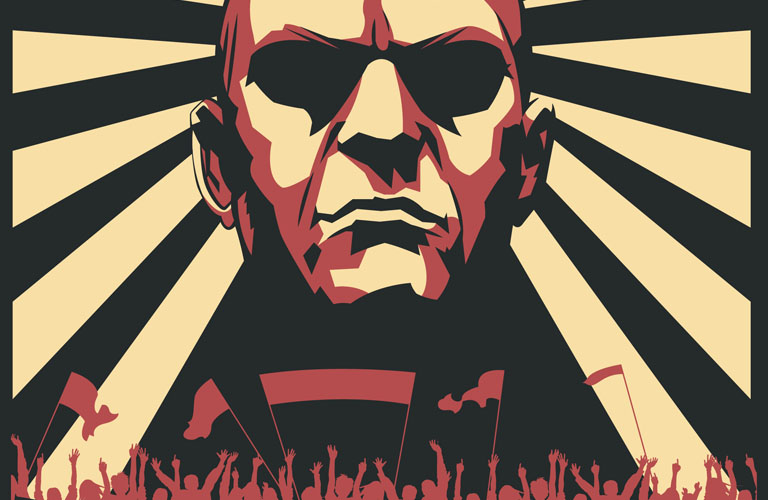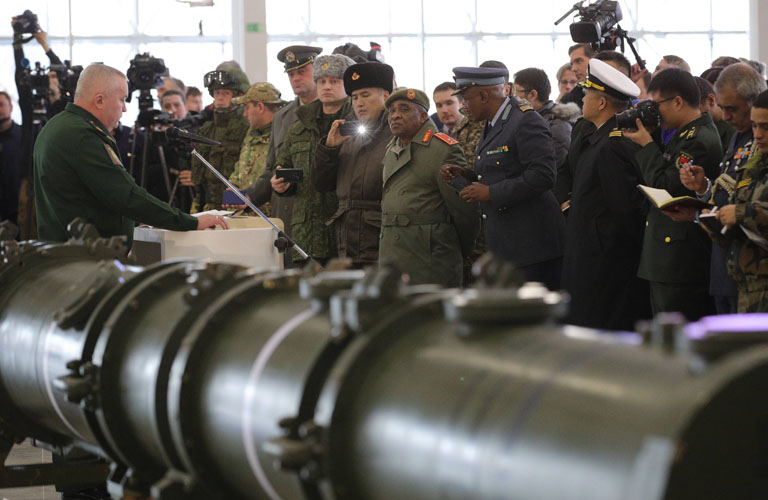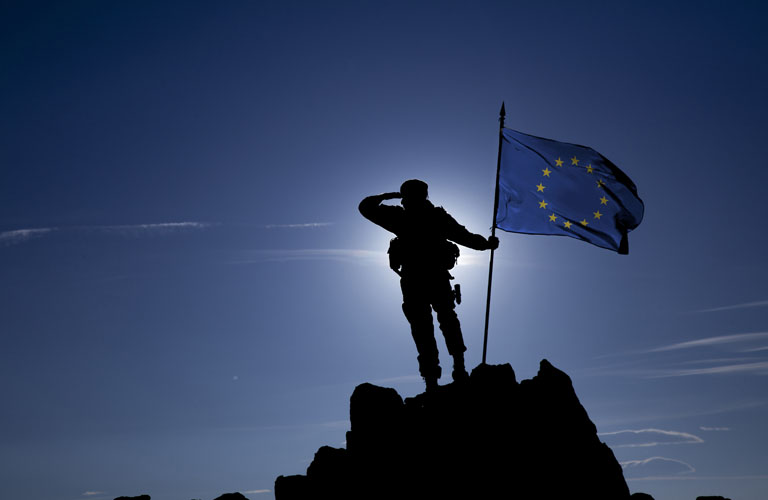A character in the Hemingway novel The Sun Also Rises, asked how he went bankrupt, responds, “gradually and then suddenly.” That is a fair description of how the world order collapsed before the two world wars. Unfortunately, Americans and Europeans have since forgotten how quickly it can happen, how quickly graver threats than we anticipate can emerge to catch us physically and psychologically unprepared. One would think it hard to …







